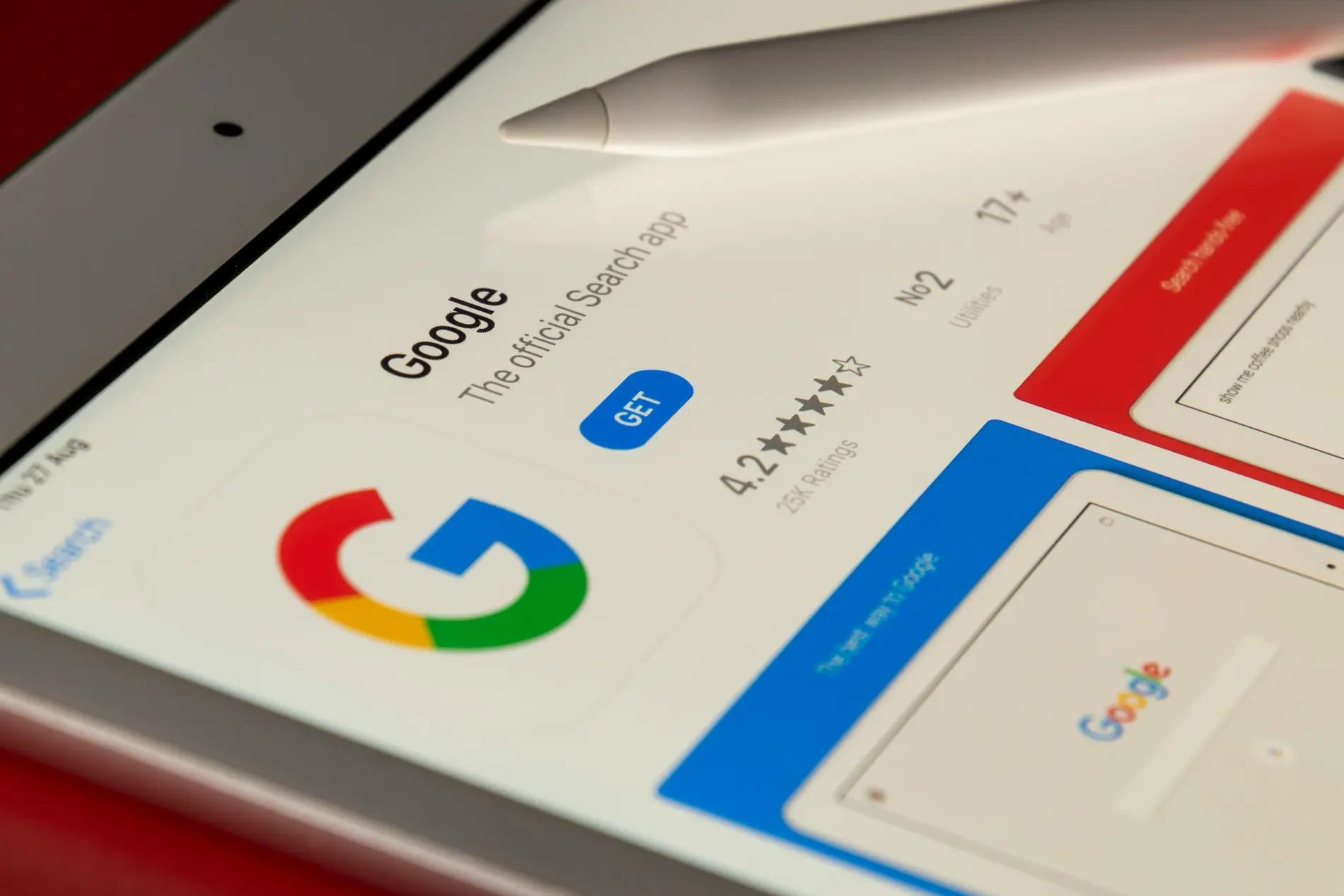On-page Search Engine Optimization (SEO): It’s crucial for any website but often overlooked. If you’ve ever wondered why some websites seem to pop up everywhere on Google while others are virtually invisible, on-page SEO is a big piece of that puzzle. This isn’t just about throwing keywords around; it’s about optimizing the entire experience on your site to meet both user needs and search engine guidelines. Let’s break down what on-page SEO is and why it matters.
But before we start, we need to quickly differentiate between on-page SEO and a full SEO campaign. On-page SEO focuses solely on optimizing the elements within your own website, such as content, site architecture, site speed, and many more technical aspects of the website including accessibility. The overall goal is to ensure a good user experience. In contrast, a full SEO campaign encompasses both on-page and off-page SEO strategies, including external factors like backlinks, social media engagement, and other activities that enhance your site’s authority and reach beyond its own pages.
Key Components of On-Page SEO
- Content Quality: First up, your content has to be top-notch. That means it’s informative, engaging, and, most importantly, useful to your audience. High-quality content meets the needs and expectations of your visitors. If they come to your website to find your return policy, it should be there. If they are trying to find the best plumber in town, you need to give them a reason to have confidence you choosing you (if you’re a plumber of course 🙂).
- Keywords: These are the terms and phrases that people type into search engines. Incorporating the right keywords into your content helps search engines understand what your page is about. Assessing and optimizing these keywords are often part of a full SEO campaign as well.
- Title Tags and Meta Descriptions: These elements provide a sneak peek into your content. The title tag is what appears as the clickable headline in search results, while the meta description gives a brief summary of the page. Again, these are used by search engines like Google and Bing to rank you pages.
- URL Structure: Having clean, descriptive URLs can impact how search engines assess your site. Plus, they’re easier for users to understand and remember.
- Alt Text for Images: This is a description that tells search engine crawlers what an image is about. It’s not only crucial for SEO but also for accessibility.
- Page Performance: How quickly your page loads can affect both your SEO and the user experience. Faster is always better.
- Internal Linking: By linking to other pages on your site, you help search engines discover more of your content and understand the structure of your website.
Why On-Page SEO Matters
You could have the best content in the world, but if search engines can’t understand and effectively rank your site, few people will find it. Effective on-page SEO helps search engines analyze your site and content, determining whether it answers the query a user has posed. Plus, it enhances the user experience, making it more likely that visitors will stick around, come back, and convert into customers.
Challenges of On-Page SEO
- Keeping Content Fresh: SEO isn’t a one-and-done deal. Search engines love fresh content, so you need to keep updating your site.
- Keyword Over-Optimization: Stuffing your content with too many keywords can hurt more than help. It’s about balance and natural integration of language.
- Technical Aspects: Things like optimizing HTML and ensuring your site loads quickly can require technical know-how, which might be a stretch if you’re not tech-savvy.
On-page SEO is a fundamental part of making your site visible and engaging on the internet. By focusing on optimizing your site from the inside out, you set a solid foundation for attracting more traffic and getting ahead of the competition. Whether you decide to take it on yourself or hire a pro, understanding the basics of on-page SEO is a step towards digital success.
If your website seems to be under-performing, or you’re not sure if it could do better, let us know. We’ll perform a free assessment and let you know if there might be aspects of on-page SEO that can be improved.

